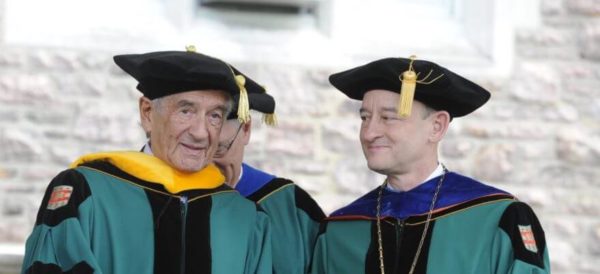
Are your team’s goals driving better results? Maybe we need a SMARTer approach.
If you’ve worked in any large organization during the past 30 years, there is a very high probability that someone recommended that you try setting SMART goals. This easy-to-remember acronym was originally introduced in a 1981 issue of Management Review by authors George Doran, Arthur Miller and James Cunningham. If one of their goals was to develop a memorable model that would stick in management practice, then they’ve been extremely successful. When I speak to large groups and ask, “Has anyone heard of “SMART” goals?”, almost every hand in the room goes up. Despite its memorability and simplicity, setting SMART goals has limitations. As suggested in the authors’ original article title – “There’s a SMART Way to Write Management Goals and Objectives” – the focus








